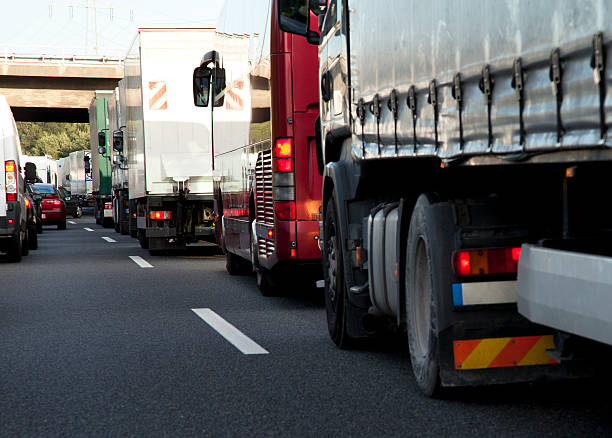Japan has committed to providing financial and technological aid to assist ASEAN (Association of Southeast Asian Nations) countries in their efforts to the decarbonization of their economies and tackle climate change. Tha country, which is seeking to become the leading hydrogen economy globally, hopes to reduce its reliance on fossil fuels such as coal and oil.
Japan is the Group of Seven (G7) nations chair this year. To promote what it calls a “realistic energy transition,” Japan will convene a ministerial gathering on climate, energy, and the environment in Sapporo on April 15–16.
The Asia Zero Emission Community (AZEC), proposed by Japanese Prime Minister Fumio Kishida last year, aims to promote decarbonization in Asian nations and encourage energy transition cooperation. At the first ministerial meeting of AZEC, attended by several ASEAN members and Australia, Industry Minister Yasutoshi Nishimura pledged Japan’s generous support in finance, technology, and personal resources to help Asia’s decarbonization efforts.
Collaboration for decarbonization
Renewable power, natural gas, hydrogen, and ammonia will be areas of collaboration between Japan and the AZEC members, according to Nishimura. The group has called for financial support for investments into decarbonization infrastructure and the creation of clean energy supply chains, but no specific amount has been provided.
A master plan for hydrogen and ammonia in Asia will be the next step for AZEC members. The members, including Australia, Brunei, Cambodia, Indonesia, Japan, Laos, Malaysia, the Philippines, Singapore, Thailand, and Vietnam, will consider creating the plan.
Japanese companies lead the way
As part of Japan’s commitment to supporting ASEAN’s decarbonization efforts, Japanese companies are taking the lead in advancing clean energy initiatives. In particular, under the Asia Zero Emission Community (AZEC), Japanese firms such as Iwatani Corp and Electric Power Development are collaborating to create Japan’s first hydrogen supply chain between Victoria, Australia, and Kawasaki, Japan.
The project aims to transport liquefied hydrogen from Australia’s Latrobe Valley to Japan. Hydrogen production uses brown coal gasification. It is a process that captures and stores carbon emissions underground. This process enables hydrogen production with near-zero carbon emissions, making it a viable alternative to traditional fossil fuels. The hydrogen will be transported via a purpose-built carrier vessel and stored in Kawasaki for use in fuel cells, power generation, and other applications.
The project is expected to contribute to the growth of the hydrogen economy in Japan and Australia, as well as facilitate international collaboration on clean energy initiatives. It will also provide a foundation for future hydrogen supply chains, supporting the development of a sustainable, low-carbon economy.
Japanese companies’ efforts to lead the way in developing clean energy supply chains and promoting decarbonization reflect the country’s commitment to achieving carbon neutrality by 2050. By sharing their expertise and supporting other countries in the transition to cleaner energy sources, Japanese firms are playing a crucial role in combatting climate change and creating a more sustainable future.
G7 Presidency prioritizes clean investment
As Japan prepares to take on the presidency of the Group of Seven (G7) nations this year, it has emphasized the importance of investment in clean energy. Japan plans to promote a “realistic energy transition” to meet its goal of carbon neutrality by 2050.
During its G7 presidency, Japan will emphasize investment in gas, liquefied natural gas, hydrogen, and ammonia. However, it will keep it clean to achieve its goal of carbon neutrality by 2050.

